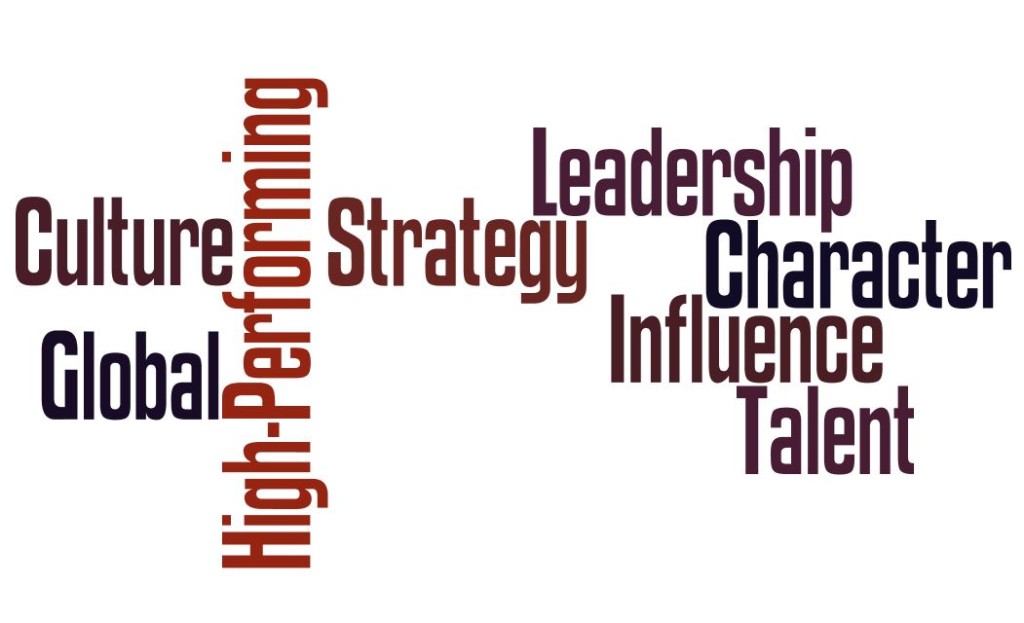 It’s cool when you realize that one of your projects was ahead of its time.
It’s cool when you realize that one of your projects was ahead of its time.
A couple of years ago, when our book The Character-Based Leader was in progress, the authors (all 21 of us!) had vigorous debates about the definition of “leadership”. Many felt that leading with character was less about one’s job title and more about “who you are” as a person. We finally settled on this premise: leadership isn’t about the title you hold in your organization, it’s about who you are as a person (your demonstration of character) and how your external actions flow from you internal character to help you exert positive influence in your life.
According to research just published by the Institute for Corporate Productivity (ic4p), there is now empirical evidence that this concept of leadership-is-not-a-title is a key factor in creating what ic4p calls “High-Performing” organizations.
The research report “Next Practices for Global-Minded Organizations” (see a summary here), published last week, offers four “next practices” that companies seeking to be leaders in the global market must do.
Next Practice #1 is “Define leaders by influence, not organization charts.” Bingo! This was a central theme of our book – that anybody can be a leader, not just those who have an official leadership title. Skeptics will say “It’s all well and good to say that ‘anybody’ can be a leader, but how does that play out in real life in everyday companies across the globe? Show me the proof that this matters.” Consider this research finding:
There is a correlation between the way a company defines “leadership” and its market performance
According to the research, companies who responded to the survey with a narrow definition of “leadership”, saying that “our organization defines ‘leadership’ as ‘at the vice president level or above’”, had a negative correlation to market performance. Companies with this narrowest leadership definition had the lowest market performance of the 1,200 survey respondents.
It’s interesting to consider that authors, consultants and business leaders have been talking about the “flattening of the hierarchy” for two decades. I view these research results as evidence that we are finally, albeit, slowly gaining traction on a truly upside down organization.
What do you think? How does your organization define leadership – by title or by the ability to influence?
Mike,
Yes, it’s always nice to get a boost – something tangible that supports what we’ve been observing for many years. Nice to see you here at The People Equation!
Very important to differentiate just being a boss to being a leader